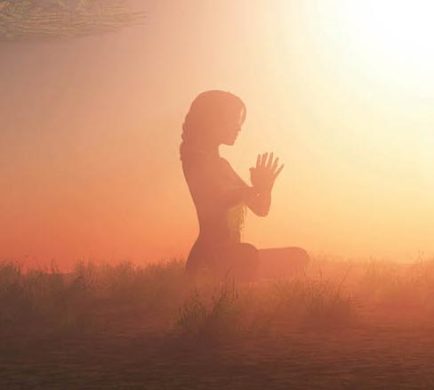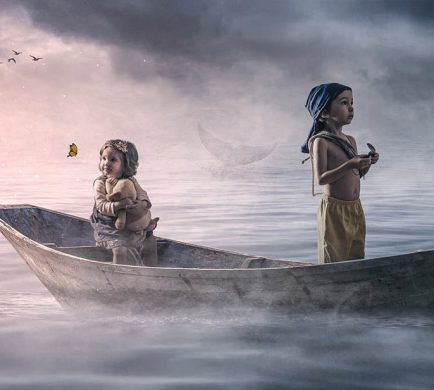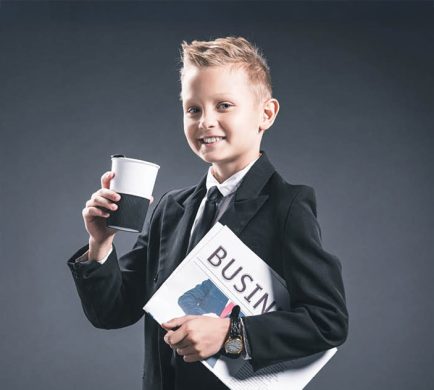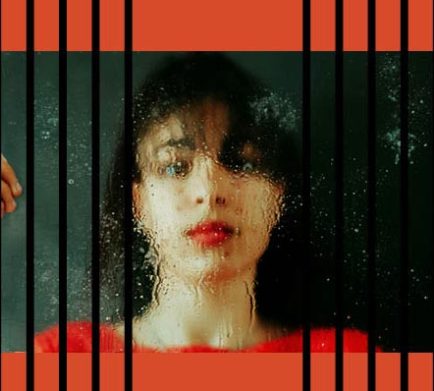By Dr. David A. Levy
Clearly, someone didn’t think this one through. It’s as inevitable as heartbreak in Hollywood. Puppies grow up to be dogs. Kittens grow up to be cats. And our family’s pet ducklings – Huey, Dewey, and Louie – grew up to be ducks.
What did we know about nature? We were a middle-class Jewish family living in a middle-class neighborhood in Inglewood, California in the early 1960s. And we had just acquired three adorable hatchlings which we kept in a box in our garage. What could possibly go wrong?
It was all so perfectly idyllic. My dad tenderly teaching us how to provide them with food, water, and shelter. My younger siblings and I chasing the pocket-sized birdlings around the lawn of our little backyard. Their awkward waddling on those little flat feet and those high-pitched quackettes. And when we held them in our tiny hands, carefully cradling the soft puffs of yellow down against our bare skin…well, it was almost too much bliss for a child to bear. I thought it would last forever.
But of course, it didn’t. One day my dad took me aside. “David, our pets are growing up. We have given them a wonderful home, but they need to be with their friends and start families of their own. They will always love us and we will always love them, but soon it will be time for them to return to their place in nature.”
Well, the only thing even close to “nature” in our neighborhood was Alondra Park – which happened to have a large pond populated with a multitude of assorted ducks. One fateful day, with mixed emotions my dad and I packed up Huey, Dewey, and Louie in the back of our white Pontiac station wagon, and shepherded them to their new home.
When we arrived, my dad and I gently guided them to the pond, then turned to head back to the car. But something was very wrong…We noticed our faithful pets waddling in tight formation right behind me. “Daaad!” I wailed. “They’re following me!” And so it went. Back to the pond. Back to the car. Back to the pond. Back to the car. But each time, with increased urgency. I was beside myself. Finally, we made a break for it. My dad scurried me to the car, we flung ourselves into the seats, and sped off, tears pouring down my face, and my poor dad looking absolutely miserable.
Despite what “they say,” these ducks did not take to water…nor anything else in this foreign land. And despite the best of my dad’s intentions, his mission was doomed to fail long before it even began.
It wasn’t until many years later when I was studying for a psychology class in college that I first read about “imprinting” in birds – how young hatchlings become instinctively attached to the first animal or object that they see near them, which they then identify as their parent. This is how they learn to navigate through life, by observing how the trusted parent behaves. Evidently, little Huey, Dewey, and Louie were simply doing what their DNA instructed them to do: They had imprinted on me – I had unknowingly become their parent. And that day in Alondra Park, when faced with the uncertainty of their new environment, they diligently shadowed me, imitating my every move, searching for direction from their trusted parent.
But imprinting can occur in other species too. In puppies. In kittens. And, in a way, in kids. Looking back on it, I had imprinted on my dad. By observing how he behaved, I absorbed the values of caring for the helpless and vulnerable. Of respecting nature. Of saying good-bye to things you love because it’s best for them…even if it hurts. And most important, trying to do the right thing when life goes awry…in fact, especially when life goes awry.







